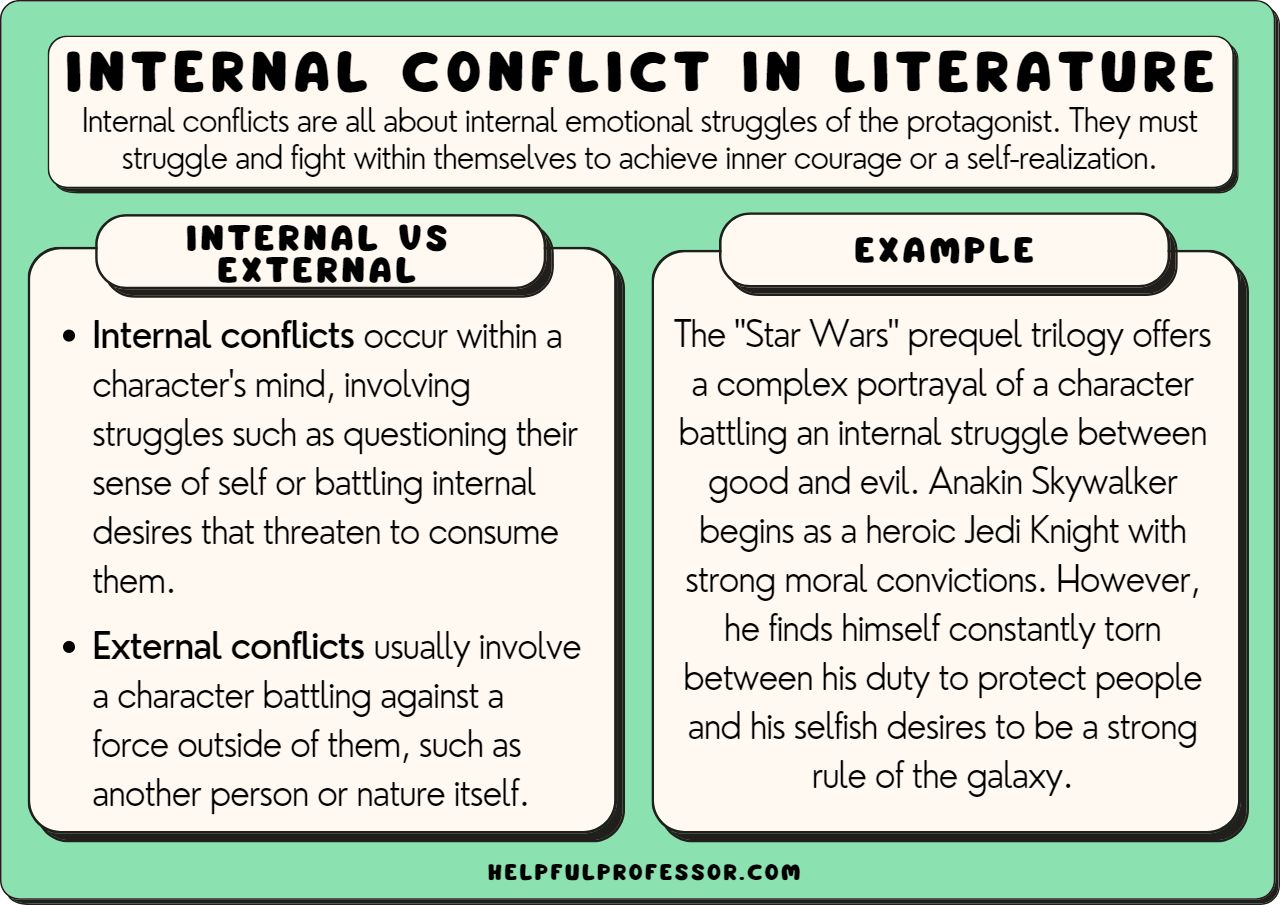OpenAI's ChatGPT: The FTC Investigation And Its Impact On The Future Of AI

Table of Contents
The FTC's Concerns Regarding ChatGPT and AI Development
The FTC's investigation into OpenAI highlights several critical concerns regarding the development and deployment of powerful AI technologies like ChatGPT. These concerns, if left unaddressed, could severely hamper the responsible growth of the AI industry.
Data Privacy and Security
OpenAI's data collection practices are at the heart of the FTC's concerns. The sheer volume of data ChatGPT processes to learn and generate responses raises significant privacy risks. The potential for unauthorized data usage and security breaches is a major worry.
- Lack of transparency in data handling: Users often lack clarity on how their data is collected, used, and protected.
- Potential for misuse of personal data: The model's ability to learn from vast datasets raises concerns about potential misuse of sensitive personal information.
- Insufficient security measures: The complexity of the system makes it a potential target for malicious actors seeking to exploit vulnerabilities and gain access to user data. Robust security protocols are crucial to prevent data breaches and protect user privacy. This includes implementing measures to prevent data leakage and ensure the confidentiality, integrity, and availability of user information.
Algorithmic Bias and Discrimination
A significant concern surrounding ChatGPT, and AI systems in general, is the potential for algorithmic bias. The data used to train these models often reflects existing societal biases, leading to discriminatory outputs. This can perpetuate and amplify harmful stereotypes, leading to unfair or discriminatory outcomes.
- Examples of biases observed in ChatGPT outputs: Reports indicate that ChatGPT has exhibited biases related to gender, race, and other sensitive attributes.
- The difficulty in mitigating algorithmic bias: Identifying and removing bias from complex AI models is a challenging task, requiring significant effort and expertise.
- Potential for discrimination against certain groups: Biased AI systems can lead to discriminatory outcomes in areas like loan applications, hiring processes, and even criminal justice. The fairness and equity of AI systems must be prioritized.
Misinformation and the Spread of False Information
ChatGPT's ability to generate convincing yet entirely fabricated text poses a significant threat. Its potential for misuse in creating and disseminating misinformation is a major concern for the FTC. The ease with which AI-generated fake news can be spread presents a challenge to information integrity.
- Examples of ChatGPT being used to create fake news: The model has already been used to generate convincing, yet false, news articles and social media posts.
- The difficulty in distinguishing AI-generated content from human-generated content: The sophistication of AI-generated text makes it difficult to identify fake content, leading to the spread of misinformation.
- The impact of misinformation on society: The spread of misinformation can erode trust in institutions, influence elections, and incite violence. Combating misinformation requires a multi-pronged approach involving technological solutions and media literacy initiatives.
Potential Outcomes of the FTC Investigation and their Impact on the AI Industry
The FTC investigation into OpenAI could have far-reaching consequences for the AI industry, potentially reshaping its development and deployment.
Increased Regulation of AI Technologies
The investigation may lead to increased regulation of AI technologies, similar to regulations imposed on other impactful technologies. This could involve stricter standards for data privacy, algorithmic transparency, and measures to combat misinformation.
- Examples of potential regulatory frameworks: Governments worldwide are exploring various regulatory frameworks, focusing on accountability, transparency, and ethical considerations.
- Impact on innovation and competition: Increased regulation may stifle innovation in some areas, but it can also create a more level playing field and promote responsible development.
- Balancing innovation with ethical concerns: The challenge lies in creating regulations that promote innovation while mitigating the risks associated with AI technologies.
Changes in OpenAI's Practices and Policies
In response to the investigation, OpenAI may be forced to implement significant changes to its practices and policies. This could involve increased transparency in data handling, improved bias mitigation techniques, and enhanced safeguards against misinformation.
- Improved data privacy measures: OpenAI may need to implement more robust data privacy measures, including enhanced security protocols and more transparent data usage policies.
- Mitigation strategies for algorithmic bias: The company may need to invest heavily in bias detection and mitigation techniques to ensure fairer and more equitable outputs.
- Enhanced safeguards against misinformation: OpenAI may need to develop and implement technologies to detect and flag AI-generated misinformation.
The Broader Implications for the Future of AI Development
The FTC investigation's long-term impact extends beyond OpenAI. It will likely increase scrutiny of other large language models and influence industry practices towards more responsible AI development.
- Increased scrutiny of other large language models: The investigation sets a precedent, prompting greater scrutiny of other AI companies and their practices.
- Shift in industry practices towards responsible AI development: The investigation is likely to accelerate the movement towards responsible AI development, prioritizing ethical considerations and societal impact.
- Greater emphasis on ethical considerations in AI design: The focus on ethical AI will become even more prominent, driving changes in AI design principles and development processes.
Conclusion: Navigating the Future of AI with Responsible Development and Regulation
The FTC investigation into OpenAI's ChatGPT highlights the critical need for responsible AI development and stringent regulations. The potential risks associated with AI technologies, including data privacy violations, algorithmic bias, and the spread of misinformation, demand a proactive approach. The investigation's outcomes will significantly shape the future of ChatGPT and the broader AI landscape. Stay informed about the FTC investigation and its ongoing implications for the future of AI development. Embrace responsible AI practices and advocate for ethical AI solutions. The future of ChatGPT, and AI in general, hinges on navigating the complexities of innovation and regulation responsibly.

Featured Posts
-
 Cat Deeleys This Morning Outfit A Summer Office Style Guide
May 23, 2025
Cat Deeleys This Morning Outfit A Summer Office Style Guide
May 23, 2025 -
 Character Ai Chatbots And Free Speech A Legal Gray Area
May 23, 2025
Character Ai Chatbots And Free Speech A Legal Gray Area
May 23, 2025 -
 England Names Xi For Historic One Off Test Match Against Zimbabwe
May 23, 2025
England Names Xi For Historic One Off Test Match Against Zimbabwe
May 23, 2025 -
 Pete Townshends Collaborative Spirit Insights Into His Performances And Creative Process
May 23, 2025
Pete Townshends Collaborative Spirit Insights Into His Performances And Creative Process
May 23, 2025 -
 Daltreys Explosive Revelation The Whos Internal Conflict
May 23, 2025
Daltreys Explosive Revelation The Whos Internal Conflict
May 23, 2025
Latest Posts
-
 Memorial Day Weekend 2025 Beach Forecast Ocean City Rehoboth Sandy Point
May 23, 2025
Memorial Day Weekend 2025 Beach Forecast Ocean City Rehoboth Sandy Point
May 23, 2025 -
 Memorial Day Weekend 2025 Ocean City Rehoboth And Sandy Point Beach Forecast
May 23, 2025
Memorial Day Weekend 2025 Ocean City Rehoboth And Sandy Point Beach Forecast
May 23, 2025 -
 2025 Umd Graduation Kermit The Frog To Deliver Commencement Address
May 23, 2025
2025 Umd Graduation Kermit The Frog To Deliver Commencement Address
May 23, 2025 -
 University Of Maryland Graduation A Notable Amphibians Inspiring Speech
May 23, 2025
University Of Maryland Graduation A Notable Amphibians Inspiring Speech
May 23, 2025 -
 The Muppet Who Will Speak At Umds 2025 Commencement
May 23, 2025
The Muppet Who Will Speak At Umds 2025 Commencement
May 23, 2025
